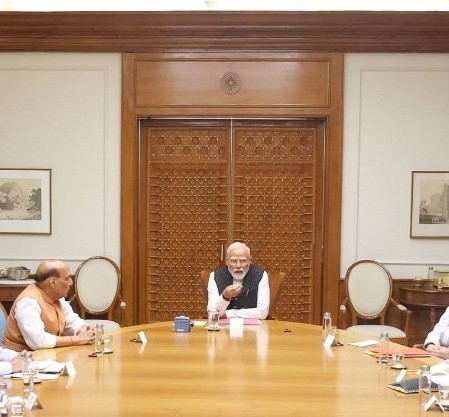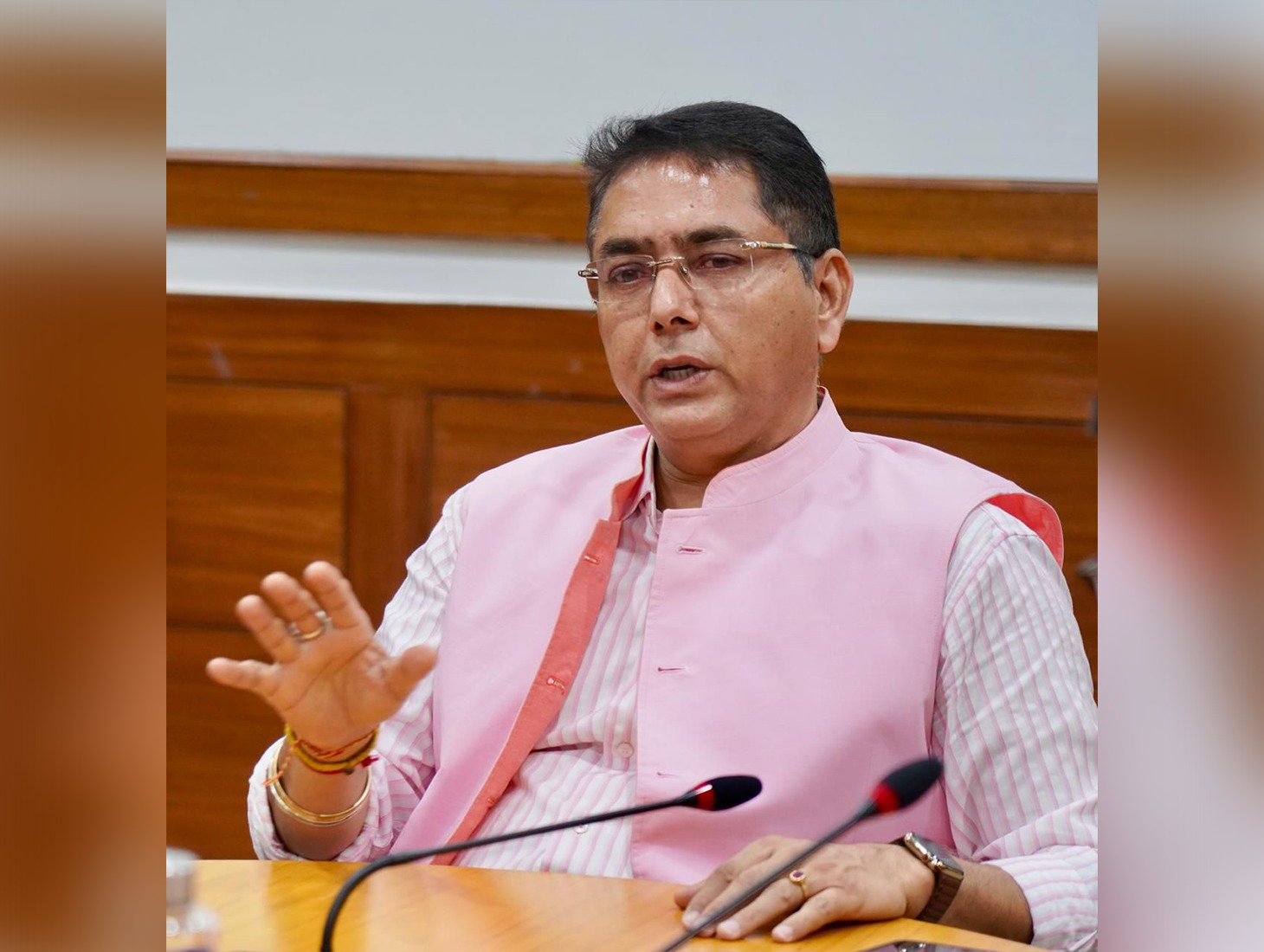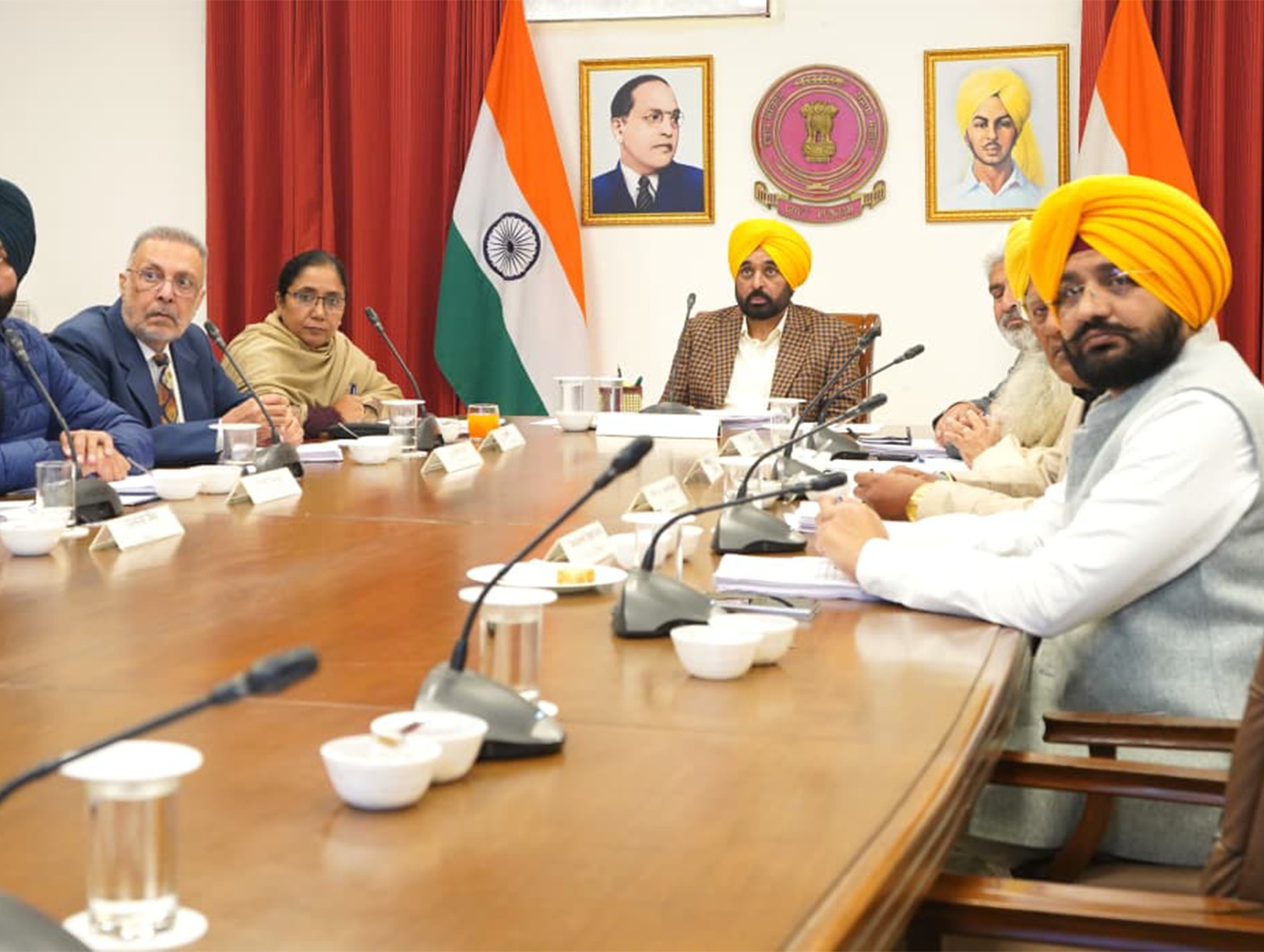The North News
New Delhi, May 14
In a fresh push to build a resilient domestic chipmaking ecosystem, the Union Cabinet, headed by Prime Minister Narendra Modi has cleared the sixth semiconductor manufacturing facility under the India Semiconductor Mission. The upcoming unit — a ₹3,706 crore joint venture between Indian IT major HCL and Taiwanese electronics giant Foxconn — will be set up in Jewar, Uttar Pradesh. The plant will produce display driver chips used in smartphones, laptops, automobiles, and other screen-based electronics. With a planned output of 20,000 wafers and 36 million chips per month, the facility is also expected to create around 2,000 jobs, bolstering both the regional economy and India’s technological self-reliance.
The announcement comes as part of a broader national strategy to reduce dependence on foreign chip imports and foster self-reliance in critical technologies, particularly those tied to consumer electronics, automotive systems, and defence applications.
The new plant, to be located within the Yamuna Expressway Industrial Development Authority (YEIDA) zone, is set to manufacture display driver chips — the tiny components that help render visuals on screens of smartphones, laptops, cars, and other electronic devices. It will have the capacity to produce 20,000 wafers a month, translating to an output of 36 million chips monthly.
This move reflects a sustained momentum in India’s semiconductor mission, which has become a strategic priority for the Modi government. As global chip shortages highlighted the vulnerabilities of over-dependence on a few East Asian nations, India has set out to build a robust domestic semiconductor ecosystem — one that spans chip design, manufacturing, assembly, and testing.
Several state governments are actively courting design firms, while the central government has mobilised talent across 270 academic institutions and supported 70 semiconductor-focused startups. According to officials, students from these institutions have already developed and taped out 20 products at the Semi-Conductor Laboratory (SCL) in Mohali.
Global equipment makers such as Applied Materials and Lam Research, as well as key suppliers like Merck, Linde, Air Liquide, and Inox, have begun scaling their operations in India, anticipating growth in the sector.
The demand for semiconductors in India is growing exponentially with increased domestic manufacturing of laptops, smartphones, medical devices, servers, and even defence equipment. This unit, the Cabinet noted, aligns closely with Prime Minister Narendra Modi’s larger vision of Atmanirbhar Bharat — a self-reliant India, resilient against global supply chain shocks.
















